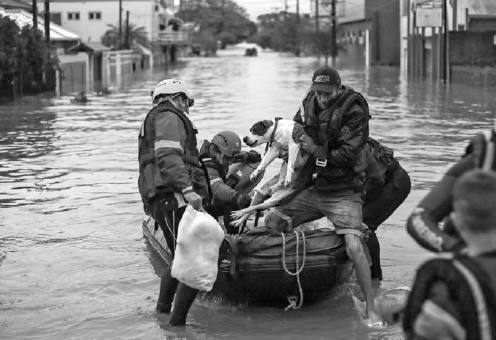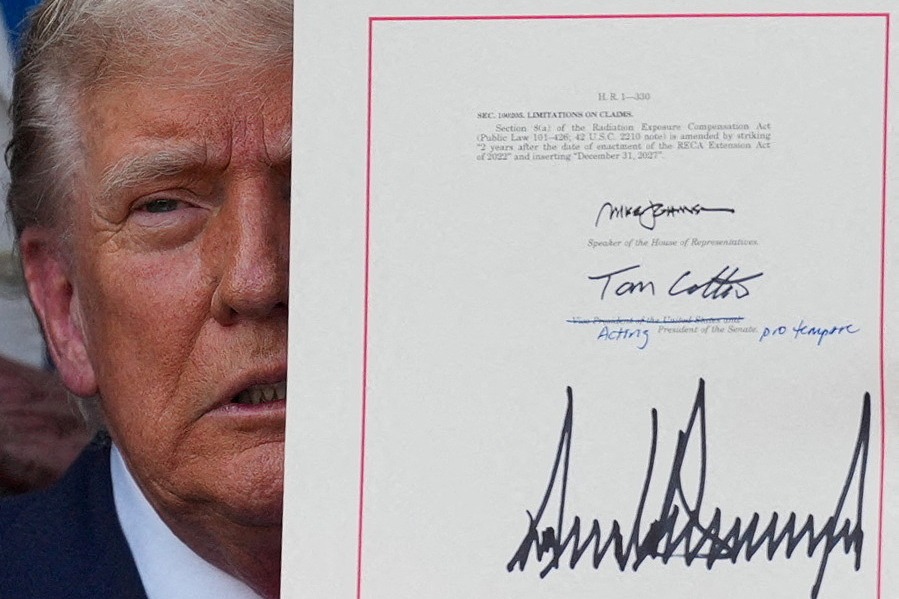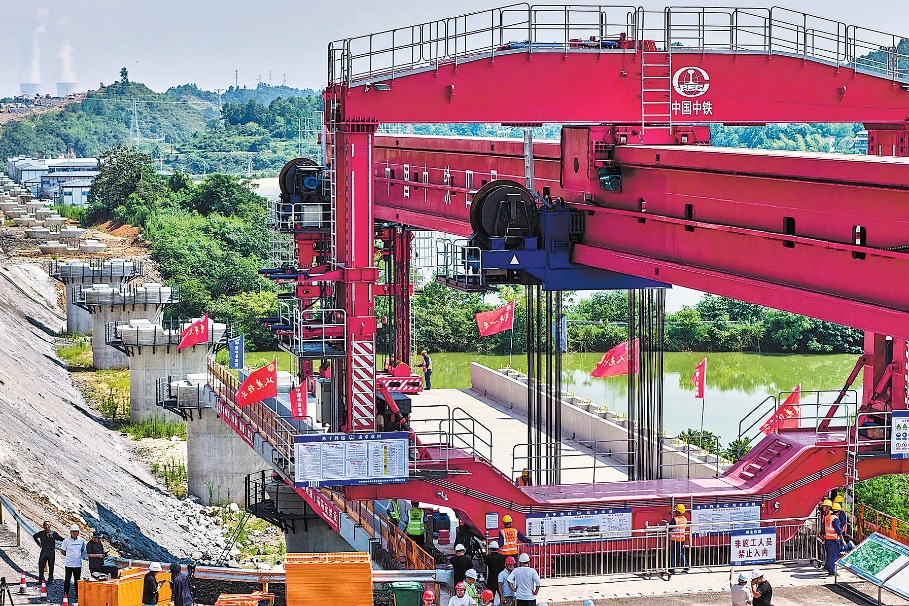Death toll from Brazil rains rises to 29

CAPELA DE SANTANA, Brazil — The death toll from heavy rains in Brazil's southernmost state of Rio Grande do Sul rose to 29, local authorities said on Thursday, as the state government declared a state of public calamity to handle the dramatic situation.
Brazil's President Luiz Inacio Lula da Silva traveled to the state on Thursday to meet with local authorities and express his solidarity.
"Everything that is within reach of our government will be done to attend to the needs of the people who are being affected by these rains," he wrote on social media platform X.
The storms, which have caused the greatest devastation in the state in recent years, also left 60 people missing and more than 10,000 displaced in 154 cities, according to Rio Grande do Sul's civil defense.
Governor Eduardo Leite said the state was dealing with "the worst disaster in (its) history".
"With the deepest pain in my heart, I know it will be even more," Leite said of the death toll.
Operators reported electricity and water cuts across the state, and officials detailed numerous incidents of flooded roads, landslides and collapsed bridges as water levels of rivers and streams rose sharply.
More than 300,000 people have been left without electricity after a dam at a small hydroelectric power plant burst on Thursday, the state's main utilities company said.
Rescuers and soldiers have been scrambling to free families trapped in their homes, many stuck on rooftops to escape rising waters.
"I've never seen anything like this ... it's all under water," said Raul Metzel, 52, a machine operator in the municipality of Capela de Santana.
The central authorities have already made available 12 aircraft, 45 vehicles and 12 boats as well as 626 soldiers to help clear roads, distribute food, water and mattresses, and set up shelters, a statement said.
The downpour started on Monday and was expected to last through Friday. In some areas, such as valleys, mountain slopes and cities, more than 150 millimeters of rain fell in 24 hours, the National Institute of Meteorology said on Tuesday.
Weather across South America is affected by the climate phenomenon El Nino, a periodic naturally occurring event that warms surface waters in the Equatorial Pacific region.
This year, the effects of El Nino have been particularly dramatic, with a major drought in the Amazon. Scientists say extreme weather is happening more frequently because of climate change.
Agencies Via Xinhua

Today's Top News
- Israel's Gaza takeover plan widely condemned
- S. Korea visa waiver spurs surge in travel interest
- Top cities signal easing to support property market
- Ties bolster heritage protection
- Gaza 'takeover' will ignite another horrific chapter for the Middle East: China Daily editorial
- STAR shines for innovative companies






























